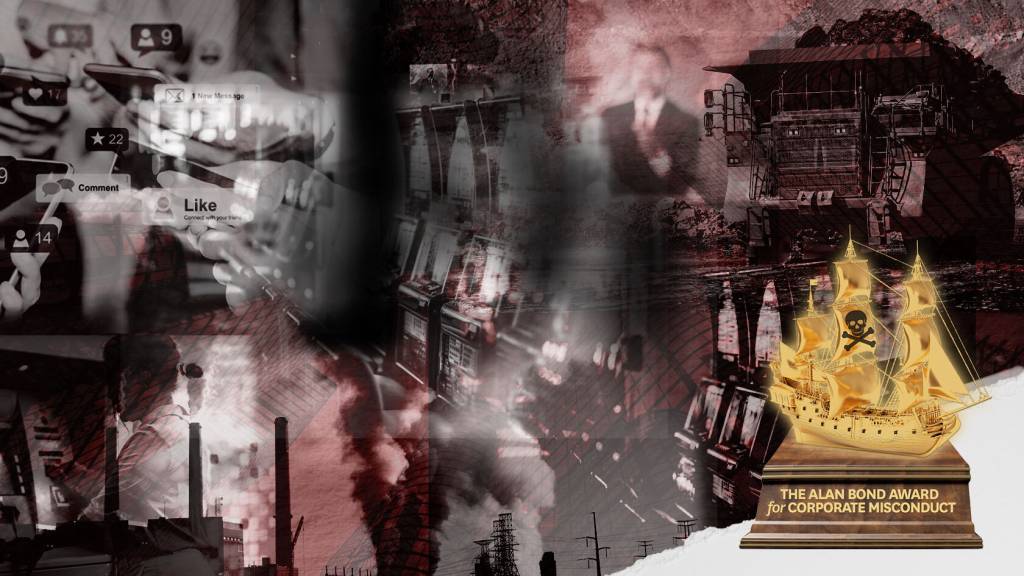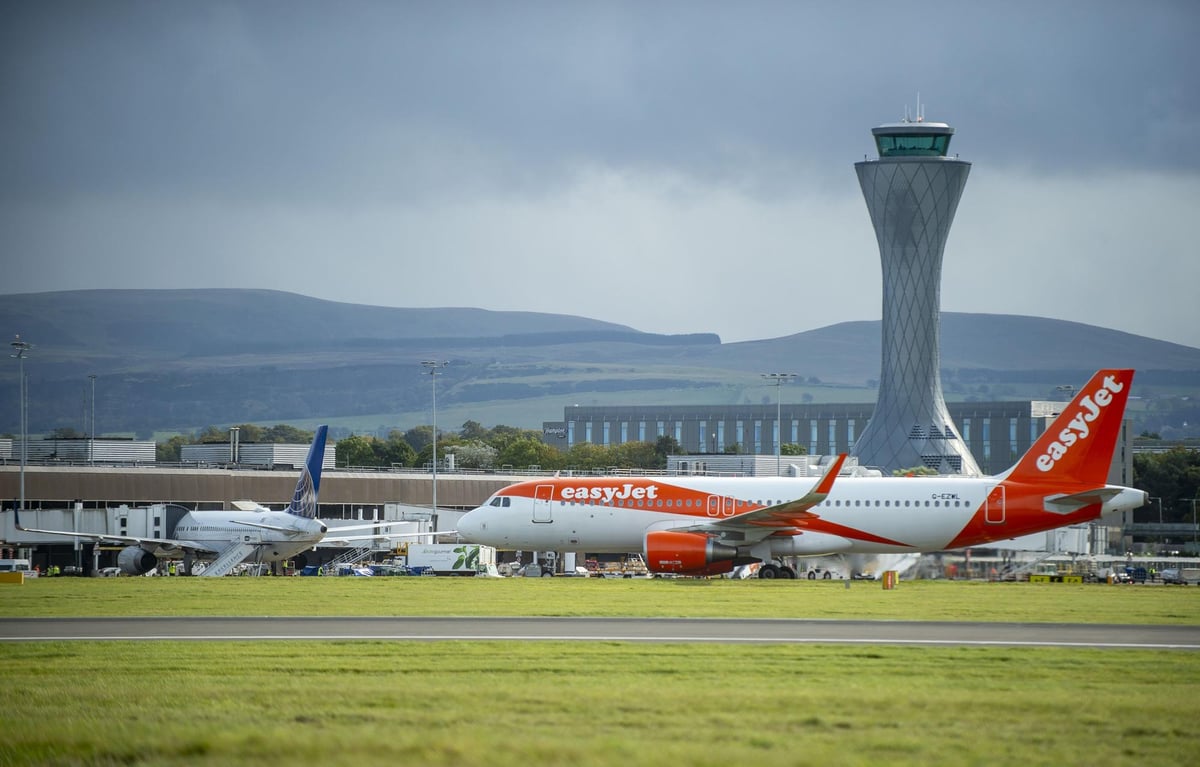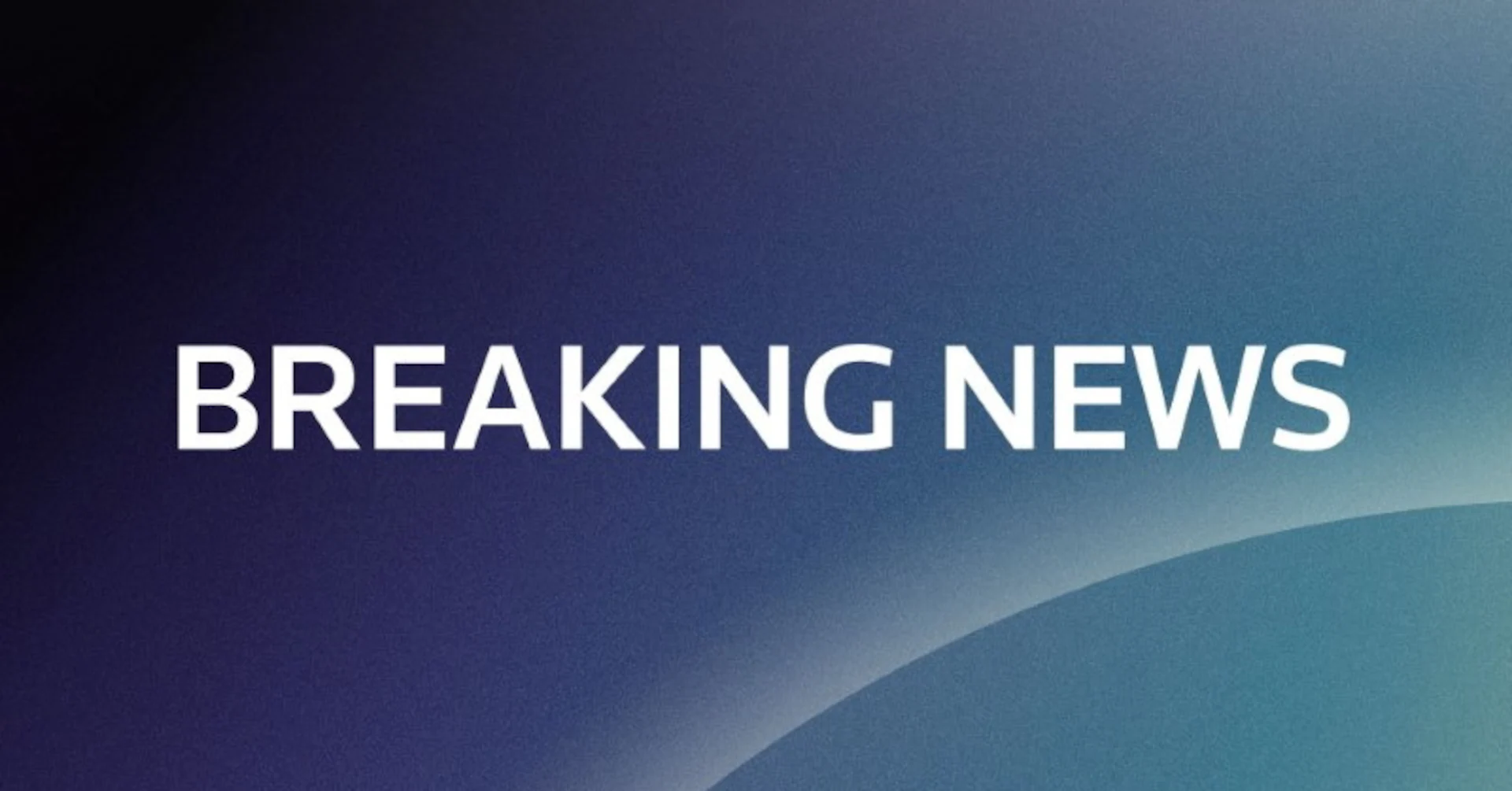The Alan Bond Award for Corporate Misconduct: What industries are Australia’s worst companies in?
By Bernard Keane
Copyright crikey

The lesson from trying to objectively determine Australia’s most awful company is that it’s not good enough to be bad in one area, or even two. A company has to offer a strong, all-round performance of ineptitude, misconduct, selfishness and arrogance. In other words, it demands real, consistent effort to be genuinely bad. Not all companies have what it takes.
Take fossil fuel companies, for example. Fossil fuels are the standout as our worst industry: the top ranks of our list of the worst companies are adorned with both local and foreign fossil fuel companies. Sure, that’s partly because of their enormous carbon emissions and climate-wrecking exports, and that is one of our most important criteria. But those same companies are also big tax dodgers, having successfully lobbied the government not to strengthen the Petroleum Resource Rent Tax regime, meaning Australia now earns less from its offshore gas reserves than it did when exports were a fraction of their current level two decades ago. So, massive emissions, tax dodging — and distortion of public policy not just on carbon dioxide emissions but tax policy.
Add to that the fact that most of them have been found to have broken the law at some point either in Australia or, in the case of foreign multinationals, overseas — indeed, most have been repeatedly and seriously found in breach of environmental laws — and that some of them have a record of wage underpayment, and you’re starting to look at some very strong candidacies for most awful company.
The opposite applies to tech companies, which many might tip to be the worst industry: companies like X and Meta are tax avoiders, and have played a damaging role in relation to social cohesion; their AI activities inflict significant environmental costs in relation to energy and water usage; and they often behave anti-competitively. But they’ve proven less successful at distorting public policy, they don’t have the wage theft record that so many Australian companies have, and they don’t benefit extensively from government subsidies in the way fossil fuel companies do. Only Google, which has a poor record on wage underpayment and has been fined both in Australia and overseas for its anti-competitive behaviour, makes the upper echelons of the list.
Plenty of Crikey readers would nominate News Corp for the title of most awful company, and sure it ticks a number of boxes: a record — nay, a whole business model — of damaging social cohesion, distorting policy with its culture wars and aggressive cheerleading for the Coalition, promoting climate denialism and avoiding tax. But it is edged out as the worst media company by Seven West Media, which has all of those characteristics to a greater or less extent, but also has a toxic workplace culture, a record of wage underpayment, has the anti-competitive record of Australia’s worst oligopolists, the free-to-air broadcasters, and has absolutely destroyed shareholder value over the long term: a decade ago it was 75 cents a share; it’s now worth less than 15 cents. In contrast News Corp has been a persistently strong performer on the US stockmarket, even if it hasn’t done nearly as well as the Murdochs’ Fox Corp. Stokes 1, Murdoch 0.
The defence industry is another potentially strong performer cruelled by a lack of all-round depth in awfulness. All benefit from taxpayer subsidies, and all distort public policy — although French company Thales stands out for its manipulation of Defence bureaucrats revealed by the auditor-general’s study of the Benalla munitions factory contract. All have broken the law either in Australia or in their home countries. BAE’s products are abysmal — its Landing Helicopter Dock vessels outshine even Lockheed’s F-35 in terms of dismal performance — but it is Austal, Australia’s Sovereign Shipbuilding Leach, that delivers as the worst defence company, with all the negatives of other defence companies plus a major scandal in the United States and an appalling wage underpayment scandal. Good to see a homegrown player carrying the flag among the international heavyweights.
Australia’s banks are, of course, highly competitive when it comes to the worst company — they’re “there or thereabouts” as they say in cricket, always probing away when it comes to who might be our worst corporate performers. They’re also hard to split given they’ve all behaved shabbily, all broken the law, all behaved anti-competitively and most have had some kind of wage underpayment scandal. While NAB made a strong bid for worst bank with its monster $130 million wage underpayment, CBA and Westpac are the two contenders for most awful bank, courtesy of their vast money laundering breaches, and CBA’s wage underpayment record.
While they don’t quite perform to the same consistent level as fossil fuel industries — mainly because they pay a lot of tax — the banks are probably runner-up for the worst industry. They are certainly the worst customer-facing industry in the country — edging out Coles and Woolies, who might price-gouge customers, behave anti-competitively and rip off their workers, but are otherwise relatively blemish-free.
Meanwhile, there are gambling companies, well known for their commitment to responsible gaming, quality customer service and their aloofness from interfering in public policy. This is a highly fragmented industry — there are the online betting companies, there is Tabcorp, there are the casino operators Star and Crown, and there’s pokie manufacturer Aristocrat. But, again, gambling companies are a study in concentrating awfulness in one area — social impact — while being relatively blemish-free in most others. They simply lack the strength-in-depth of the really awful.
Next time, we’ll find out who the all-round performers are, and who has the (dis)honour of being awarded the inaugural Alan Bond Award for Corporate Misconduct.



